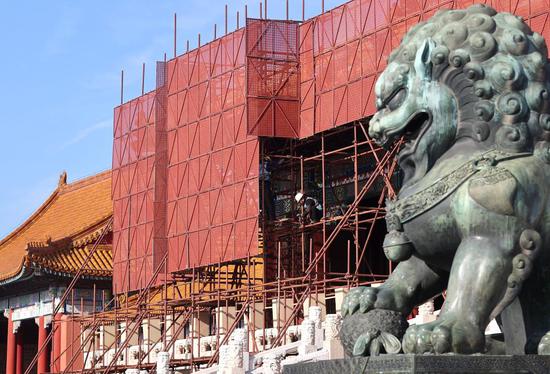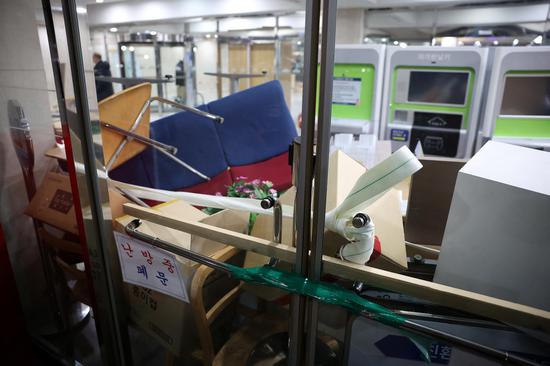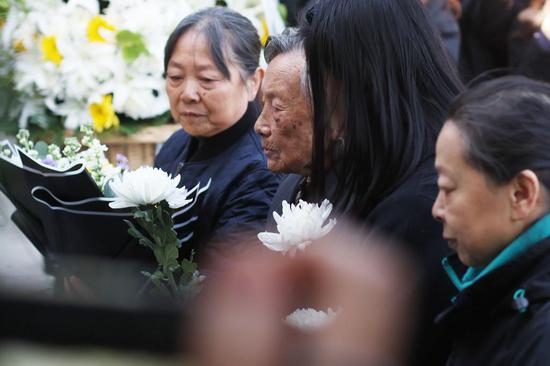Implementation of program comes after successful two-year trial in major cities
China's private pension program will be fully implemented on Sunday after a two-year trial run, aiming to establish a multi-pillar pension system and cope with the aging problem.
Five central departments, including the Ministry of Human Resources and Social Security, the Ministry of Finance and the State Taxation Administration, jointly released a notice on Thursday stating that the private pension program will be entirely operated nationwide from Sunday.
The program has been put in a two-year trial run in the nation's 36 major cities — including Beijing, Tianjin and Shanghai — starting November 2022. It has attracted over 70 million people to open their private pension accounts by the end of November this year.
Under the new policy, Chinese employees covered by the nation's basic pension insurance system can voluntarily open their private pension accounts at designated commercial banks and deposit up to 12,000 yuan ($1,650) annually into the accounts. The payments can be made monthly or yearly.
Citizens joining the private pension program can enjoy some preferential treatments like tax reduction. They can also use the money in the account to purchase financial products, while commercial banks or financial institutions should mark investment tips or risk alerts on the available financial products.
According to the new policy, people can withdraw their money after retirement, permanently lose their working abilities, or migrate overseas. Those who suffer from severe diseases, receiving unemployment insurance funds or subsistence allowance are allowed to apply to withdraw the amount before reaching retirement age.
Figures from the human resources ministry show that, by the end of March this year, the nation's basic pension insurance system has covered about 1.07 billion people, making it the world's largest pension system.
Based on the increasing aging population — 297 million aged 60 and above as of last year — it's of great importance to further improve the pension system, said experts.
"It's a stepwise progression to make the private pension program from trial run at certain cities to full implementation nationwide, which shows pension literacy of all people on the Chinese mainland," said Dong Keyong, a professor at the Renmin University of China.
Qi Chuanjun, deputy secretary-general of the Center for International Social Security Studies at the Chinese Academy of Social Sciences, said that the new policy has helped the nation to build up a three-pillar pension insurance system, which is a key move to cope with the aging problem.
"For those who have already been covered by State-level basic pension system, they get more choices to save money for their future retirements," he said, adding that the nation's pension reserve fund will also see increases with the popularization of the private pension program.
In the notice released on Thursday, the five central departments urged governments of all levels to tighten the supervision over the implementation of the private pension program, pushing forward a healthier and sustainable development of the program.


















































 京公网安备 11010202009201号
京公网安备 11010202009201号